Some Lesser Realised Chess Set Standards
Here is a review of some simple principles of chess that are barely noticeable:
A pawn that is in its underlying position could move a single square or even two squares in the beginning.A king can't afford to castle when under tight restraints.
A king couldn't castle on the queen side as well if there’s a foe piece controlling the c1 or d1 position. A foe chess piece charging at the rook on a1 or controlling b1 does not make any difference.If the king has been moved and after that moved back to its initial position, it could never again castle.
En Passant rule
A king couldn't castle on its own side if there’s an opponent controlling the g1 or f1 square. Also note that this does not make a difference if the rook is being attacked on h1 by the opponent.
Concentrate on the Endgame!
While necessary information of opening standards is essential and accommodating, players, again and again, centre too intensely around the opening period of the game of chess. Instead, one of the most principled method for contemplating chess is regardless of the endgame.
This game Chess is part into three stages – the opening, middle-game and last but not the least, the endgame.
Once in a while, game gets completed in middle-game and sometimes even the opportunity without achieving the endgame. For what reason would it be advisable for you to start concentrating there?
The design here is the goal that chess troupes could concentrate on single pieces in segregation. You could examine the parts (the same number of them are blocked in the beginning). By contemplating the chess pieces in confinement, chess players figure out their true potential. Then, there are a few dissimilarities in endgame contrasted with different segments of the game.
The pawns become progressively pivotal as they could move toward becoming king and queens, ordinarily concealed securely behindhand pawns in different periods of game, and all of a sudden discovers it could release a wide range of commotion.
The Opening:
Shouldn't something be said about opening? As opposed to stale memorisation, a thankfulness for essential opening standards would take a beginning player far.
These positions will work in general, build up a comprehension of technique and strategies superior to different tracks.
We present to you some of the most ideal and broad opening guidelines that would enable you to improve your game to a vast extent and they are also quite easy to pursue:
Play 1.e4 or 1.d4 on your first move. Different moves are consummately sufficient for superior players, yet it is commonly acknowledged that the fore mentioned moves give the most stretched out assortment of deliberately and strategically
Composite Positions:
Create the knights before your bishops.
Try not to move a single chess piece twice in the opening.
Try not to move the queen earlier if it’s not needed.
Castle quickly.
Push ahead queen to 'interface' your rooks.
Make sure to control centre of the game.
Keep in mind this is just one general guide, and other specific conditions overwrite a portion of these guidelines.
Be that as it may, likewise with numerous things throughout everyday life, you should get familiar with the standards first beforehand you decide if it is suitable to halt them.
Novice's system:
In novice's chess game, it is satisfactory to sit tight for your adversary's slip-ups. Secure every one of your chess pieces and then try not to lose any of your chess pieces, not even a pawn as it could be definitive. Exchanging pieces is fine. Watch out and catch all parts of the opposite side leaves unprotected. Similarly as a note, while bishops and knights are worth the equivalent, for the most part, knights are increasingly helpful (and henceforth worth a lot) when that position is shut, while bishops are all the more dominant when the situation is open and two bishops are much more supported than two knights much of the time.
Opening Manuals
A player when begins achieving a level where the openings begin to end up significantly, they could get openings manuals or books. These books or manuals are composed by top notch state players that feature specific opportunities utilising concentrate varieties and all the more critically, with words. Maybe an 'opening collection' book would be the most advantageous book for improving the level of players, since these feature frameworks which frequently supplement one another and could be played against any black or white opening.
Chess Manners
If you choose to tread onto a certifiable chess club then there are certain fundamental chess behaviour ideas you ought to take care of.
Classically, playing corridors are quiet - you ought not to talk while playing on the chess board.
This isn't generally decorum, however arriving behind schedule to a competition game currently results in a programmed relinquish at individual chess competitions, especially global ones.
Mobile telephones are to be turned off throughout the game of chess. However, if your telephone is accidentally switched on and it rings as well, you surrender the game consequently.
The right approach to offer a tie is that you make the move first, then verbally offer a draw and at that point precisely you point press the clock over there.
Finishing up Notes
The Official Staunton Chess Company provides you with the most astounding quality chess items and that too at the least available costs throughout the UK. They even provide you with a chance to match expenses with different chess sites! Even though there are a lot of people who happen to live abroad, yet this is just the right place which not only has enough local customers but it is also a renowned brand internationally.
The official Staunton Chess company provides you with a wide variety of chess sets, chess pieces and chess boards. Based upon your liking and your capacity, this company has such a versatile range of chess items that you can afford even the most economical chess boards and pieces to the top notch and very finely crafted ones.



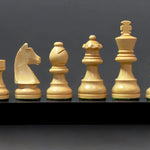
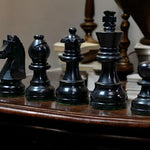
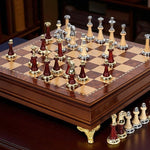
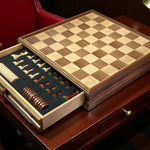
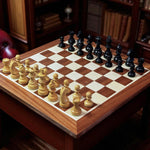
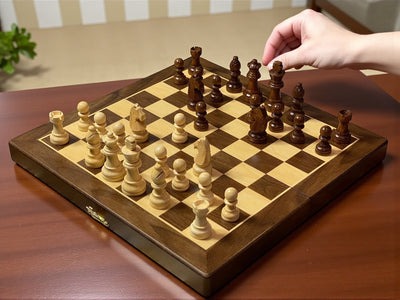
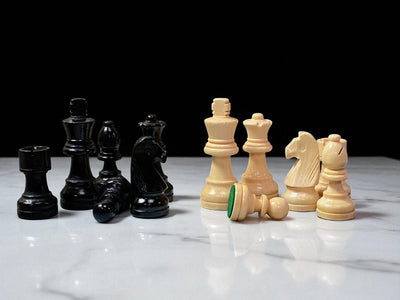
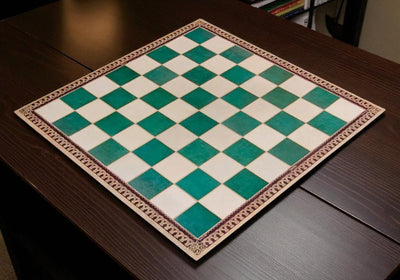
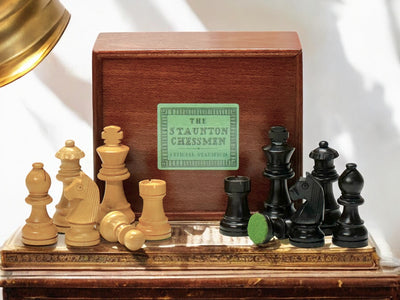
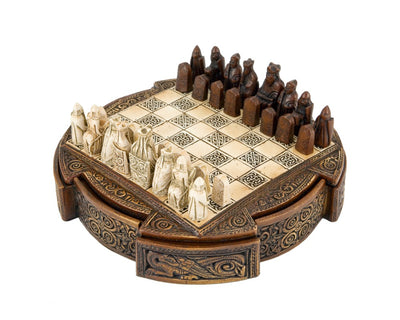
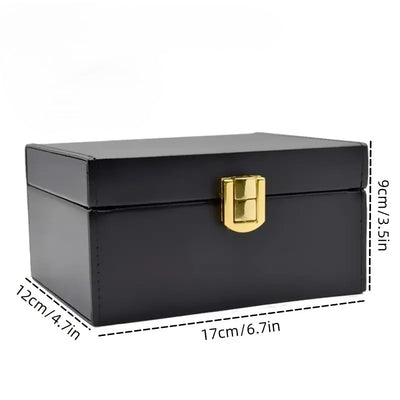
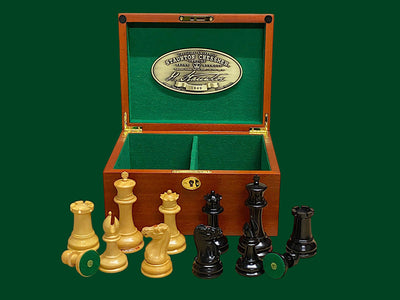
Leave a comment